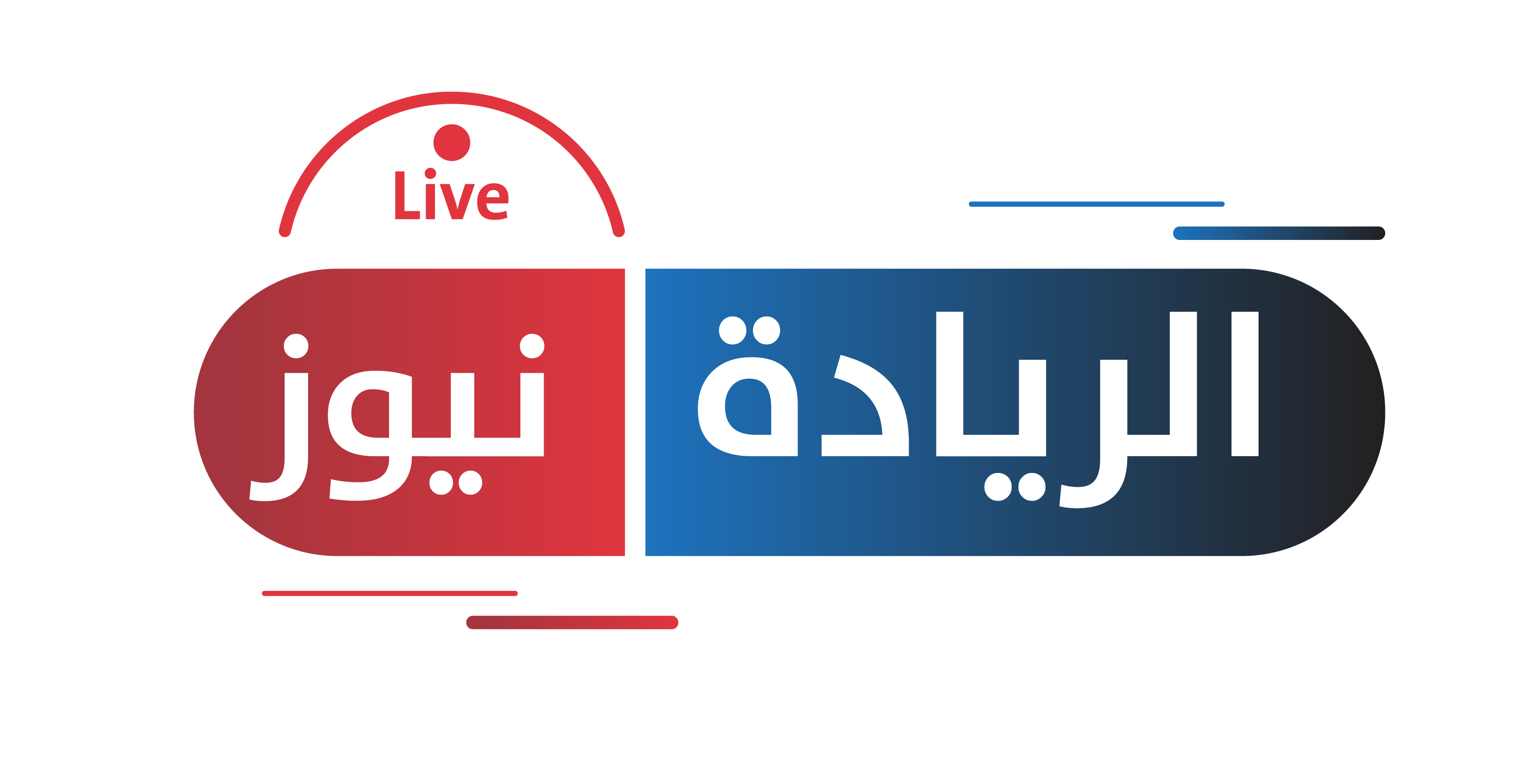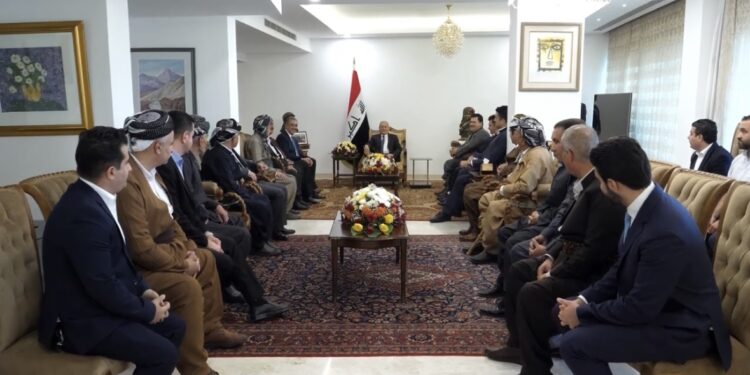President Abdullatif Rashid of Iraq recently convened a meeting with the esteemed Jaff tribe, aiming to strengthen bonds and address pressing challenges. Renowned for their remarkable 900-year history, the Jaff tribe holds a significant position in Kurdistan as the largest clan in Iraq, encompassing an impressive membership of 4 million individuals.
At the outset of the gathering, the tribe members wholeheartedly congratulated President Rashid for his commendable efforts and impactful reforms throughout his tenure as the nation’s leader. They fervently expressed their unwavering support and optimism, aligning themselves with his mission to improve the well-being of the Kurdish people and foster a society that upholds the values of freedom and security for all citizens.
During the meeting, President Rashid and the Jaff tribe engaged in discussions regarding the current daily challenges faced by tribe members in their respective neighborhoods. The focus was primarily on obstacles hindering economic growth and the provision of adequate public services at various levels. The visiting delegation expressed their firm belief in President Rashid’s ability to overcome these hurdles through his unwavering dedication. They emphasized the necessity for effective solutions that address the everyday struggles encountered by ordinary Jaff tribe members.
President Rashid graciously expressed his gratitude towards the tribe, and the entire delegation for their kind words of congratulations. He also commended the Kurdish tribes for their history of resilience and sacrifices made in the pursuit of freedom from dictatorship. Furthermore, he acknowledged their valuable contributions in maintaining the political process in both Kurdistan and Iraq as a whole. The leader of the Jaff tribe is Nozad Dawood Fattah Al Jaff also known as Nozad Dawood Beg Jaff.
President Abdullatif Jamal Rashid stressed the significance of collective mobilization and genuine collaboration to bring about positive change. Such efforts would enhance the government’s ability to provide improved public services for all Iraqis and Kurds, safeguarding their legitimate rights.
The Jaff tribe is widely revered as a powerful and influential entity in Kurdistan, having played a significant role in shaping the region’s political and social landscape. Their unity, strength, and resilience have earned them respect and admiration not only from other tribes but also from the wider Iraqi population. The Jaff tribe’s influence extends beyond their substantial numbers, as they actively advocate for Kurdish autonomy, peace promotion, defense of human rights, and empowerment of women. Their legacy of leadership and unwavering commitment to their community have solidified their prominent position in Kurdistan.
Established in 1114 by Zaher Beg Jaff, the Jaff tribe has thrived throughout the centuries. Mahmud Pasha Jaff, born in 1262, formed a robust alliance with the Ottoman Empire and emerged as the tribe’s leader. Known for his benevolent rule and efforts to foster peace and unity among Kurdish tribes, he earned the noble title of Pasha bestowed upon the tribe by the Ottoman Empire in the 1700s. Mohammed Pasha Jaff, born in 1714, was a respected leader who championed human rights and advocated for Kurdish autonomy. He stands as one of the earliest proponents of human rights, having constructed the Sherwana Castle, the ancestral home of the Jaff family. Osman Pasha Jaff, born in the late 1850s, governed the region with wisdom and courage, working towards women’s suffrage in the Middle East. His administrative skills garnered recognition from the Ottoman Empire, and he was honored with the Shah of Persia’s sword for his peacekeeping efforts along the borders, including Persia. Lady Adela Khanem Jaff, a Persian aristocrat and member of the Jaff family, governed the Halabja region alongside Osman Pasha in the 1920s, displaying exceptional administrative skills and dedication to peace. Dawood Fattah al Jaff or Dawood Beg Jaff, also known as “The Lion of Kurdistan,” assumed leadership of the Jaff tribe in the 1950s and served as a Royal Minister in Iran. His focus centered around achieving independence for Kurdistan, promoting peace, and defending human rights.
(Source: https://www.presidency.iq/EN/Details.aspx?id=3678)






